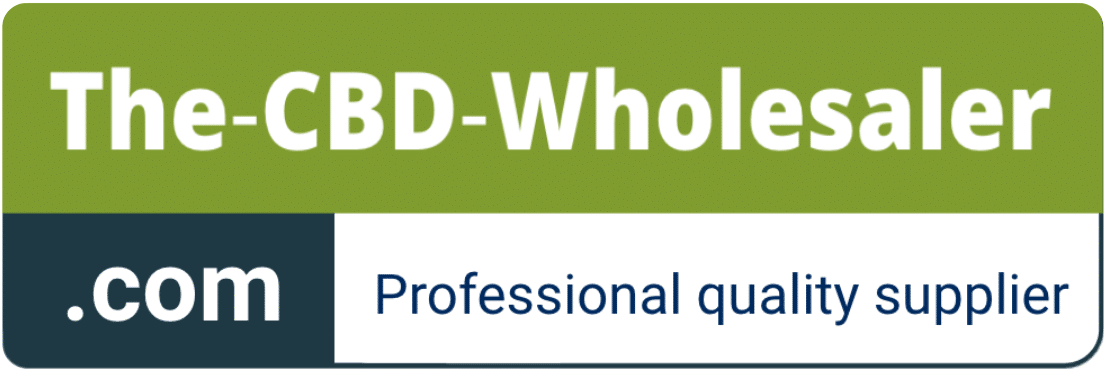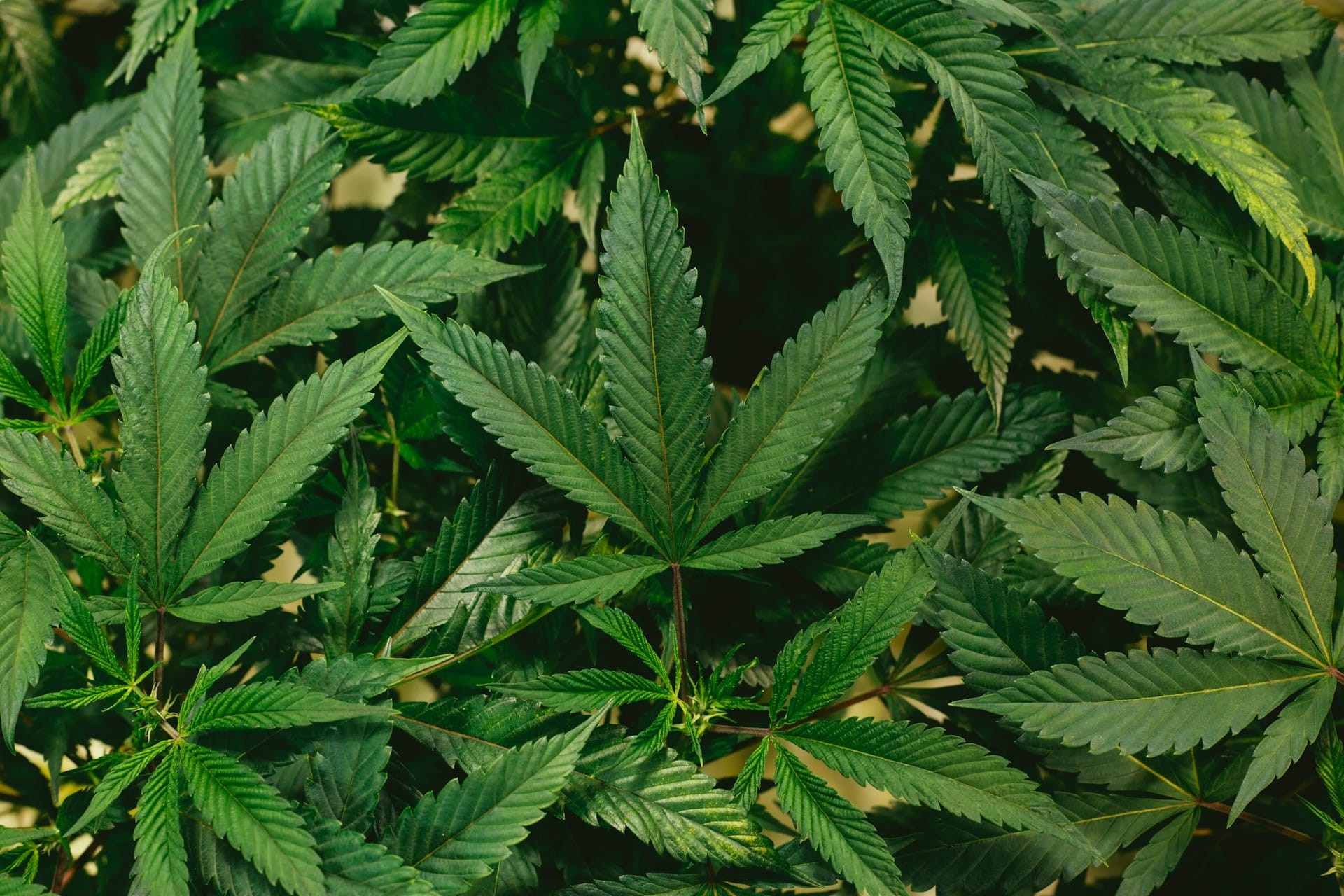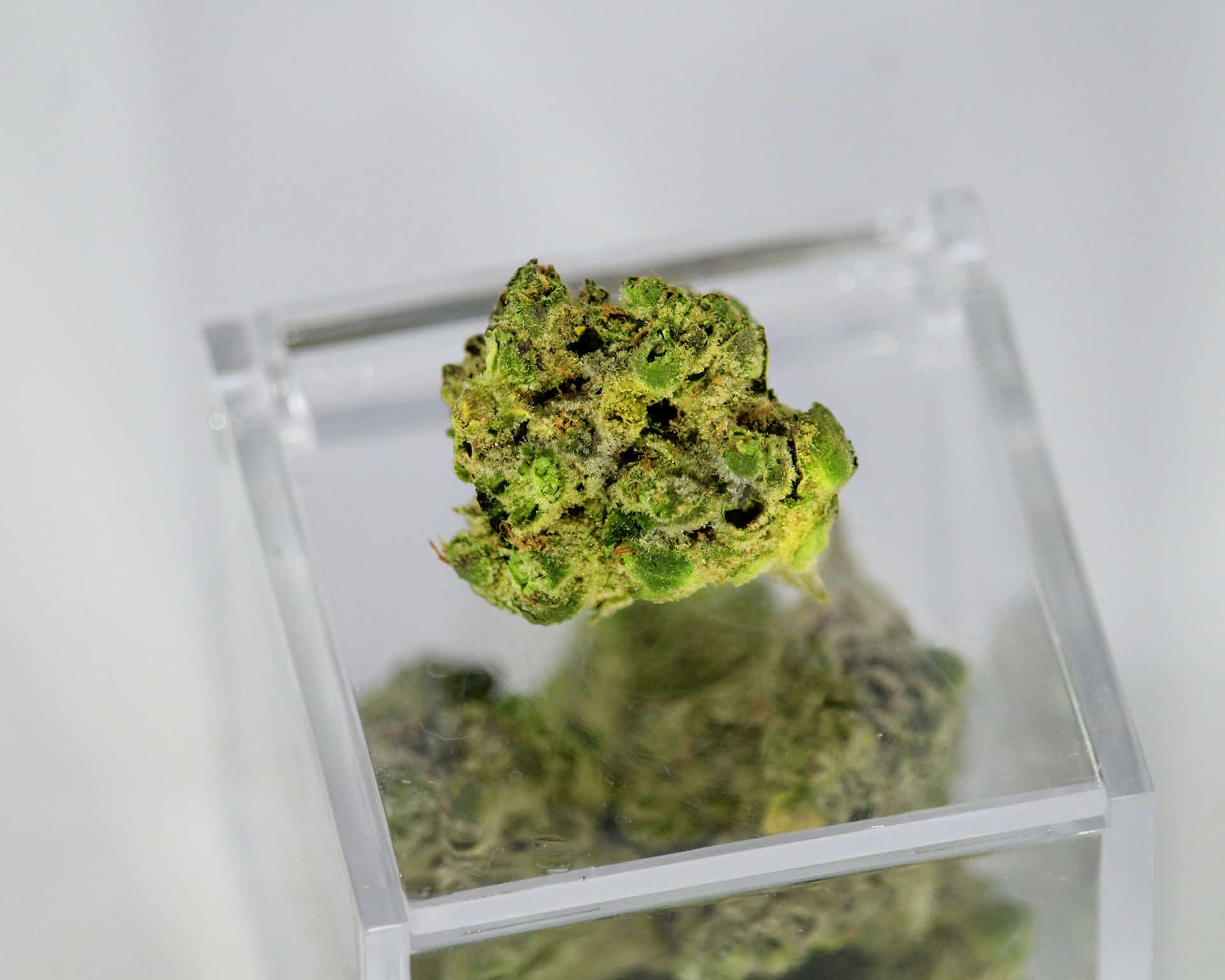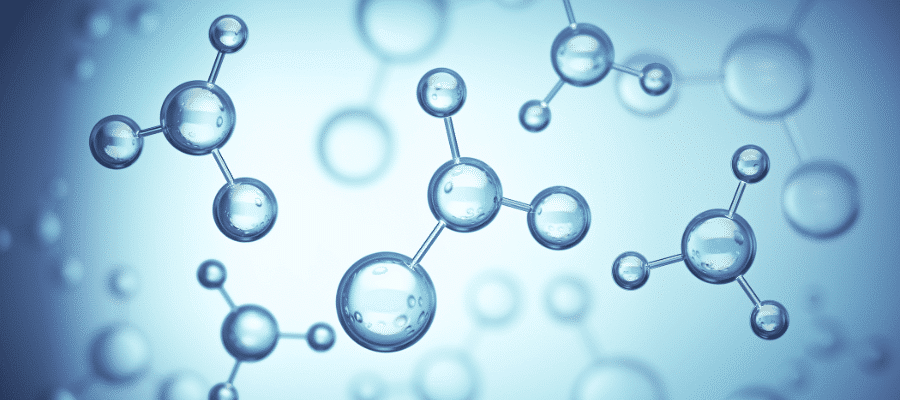All you need to know about synthetic cannabinoids
The CBD and legal cannabis markets are constantly evolving. Things are moving very fast, and it's not unusual to feel a little overwhelmed and surprised by everything that's happening in this ecosystem. Today, we'd like to talk to you about one subject in particular: synthetic cannabinoids. These are semi-natural or even totally man-made cannabinoids, which are increasingly being offered and sold on the market. HHC, HHCP, HHCPO, THCV, THCP... We take stock of the current phenomenon.
What are synthetic cannabinoids?
What are the best-known synthetic cannabinoids?
The legality of synthetic cannabinoids
The effects of synthetic cannabinoids on the body and mind
The CBD Wholesaler and neo-cannabinoids
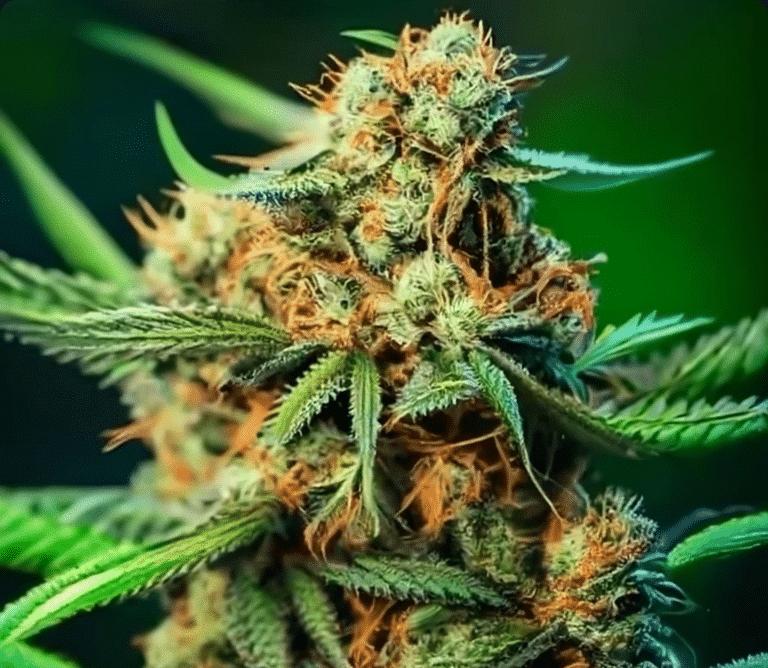
What is a synthetic cannabinoid?
Synthetic cannabinoids are cannabinoids that exist on the market, but are not natural cannabinoids. By this we mean cannabinoids not originally found in hemp or cannabis. These are so-called "synthetic" or "semi-synthetic" molecules.
These cannabinoids are often more potent than natural cannabinoids, and are processed to sublimate an effect, to make them more interesting from a medical point of view, or simply to "get around" the laws in force, which for many are too restrictive.
What are the best-known synthetic cannabinoids?
A number of synthetic cannabinoids, also known as "neo-cannabinoids" (new cannabinoids), are now on the market. One of the best-known of these is HHC (hexahydrocannabinol), which in the space of just a few months has taken the French and European markets by storm. However, HHC (a semi-synthetic cannabinoid found in minute doses in the cannabis plant) was quickly banned because of its psychotropic effects.
But some synthetic cannabinoids have slipped through the cracks and have subsequently been launched on the market. These include H4CBD, a CBD derivative with 4 hydrogen atoms. There's also THCP (tetrahydrocannabiphorol), THCV (tetrahydrocannabivarin) and THCPO, HHCP and HHCPO, which are themselves derivatives of semi-synthetic molecules...
In short, the market is in full transformation, and more and more new molecules are emerging. These are often high-quality products, which the best European producers make available to certified retailers such as Le Grossiste Du CBD or CBD Shop.
The legality of synthetic cannabinoids
What about their legality? Are these molecules and the products derived from them authorized for sale or consumption? The subject is somewhat complex. In fact, these synthetic neo-cannabinoids are relatively new, and public authorities have yet to address the issue. As a result, they enjoy a rather special status, not unlike that of CBD a few years ago. They are neither legal nor illegal.
However, as with HHC, things can move very quickly (in one direction or the other). Depending on the media hype, but also on the observed effects of these molecules on the body, legislators may decide to authorize or prohibit them. HHC (hexahydrocannabinol) is the best example of this, since this molecule has only lasted between 6 and 9 months on French soil.
In any case, in France, products derived from hemp and cannabis are authorized for sale only if they contain less than 0.3% THC (tetrahydrocannabinol) and are not explicitly prohibited by law. However, the synthetic cannabinoid-based products offered on our platform, and sometimes elsewhere, are certified THC-free. A certificate of analysis can be sent on request.
If these contain more than 0.3% THC, the product in question is placed on the list of prohibited substances. The risks of addiction are high, as are the risks of psychoactive effects. These products are therefore regarded as narcotics by the authorities.
The effects of synthetic cannabinoids on body and mind
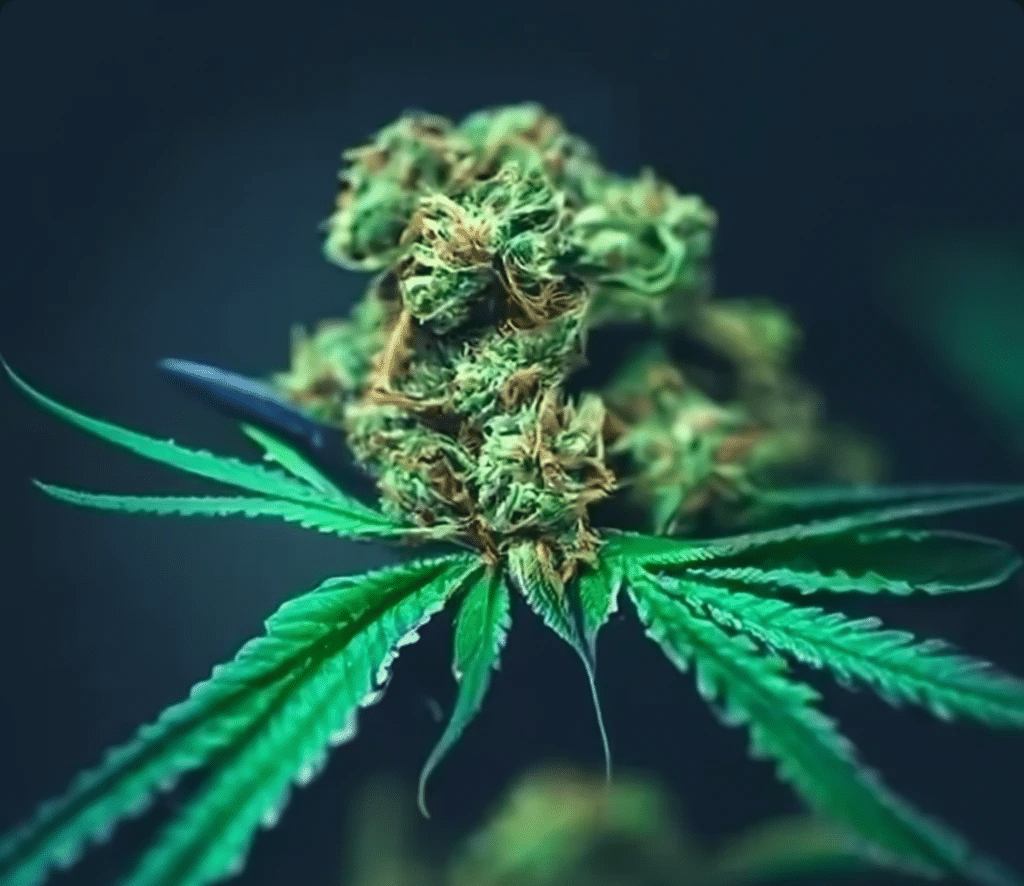
On the other hand, feedback from customers who have already tested these products suggests that, like CBD, they produce an intense sensation of relaxation. They may also help to combat certain types of pain and inflammation more effectively.
There's a simple explanation for these actions. Synthetic cannabinoids are engineered to bind more strongly with CB1 cannabinoid receptors. As a result, their effects are more powerful! In a few years' time, we can even imagine synthetic cannabinoids being developed specifically to target a particular health problem.
Psychotropic and adverse effects
And what about possible psychotropic effects? Synthetic cannabinoids, being derivatives of psychotropic molecules such as THC or HHC, could have a similar or almost similar action. However, it's hard to say for sure, as there are no in-depth scientific studies on the subject.
The same applies to psychotropic and undesirable effects. While they can lead to red eyes, food cravings, headaches, dizziness or even the desire to sleep, the undesirable and side effects of these fairly new molecules on the market remain, for the moment, supposed effects.
The CBD Wholesaler and neo-cannabinoids
On our platform, you'll find a selection of cannabinoid-rich products for wholesale. These may be natural cannabinoids (CBD) or neo-cannabinoids (synthetic cannabinoids), such as THCP or THCPO. If you'd like to find out more, please don't hesitate to contact us. Our teams will get back to you as soon as possible with all the information you need on these products.
